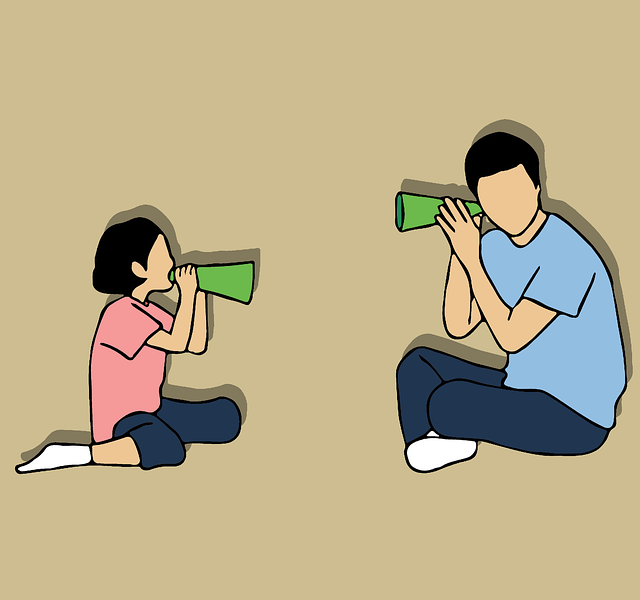Helping children overcome grief, separation, trauma or loss
There are many things in life that threaten our inner secure self, this potentially includes things like divorce, grief, witnessing traumatic events or deaths, loss, theft, attacks to name but a few… As adults we recognise these things and learn to re-establish our own inner wellbeing to move on in our lives, whilst not forgetting the events, coping with them and using them to better our lives or motivate us.
For children it can be hard to do this on their own and so they will often need adult support in order to help them think through the thought processes that you or I take for granted. So over several years I developed a 4 step system for structuring the conversation*.
- SAFETY – Make your child feel safe, don’t force the conversation, don’t ask lots of questions, this will only lead to overload and them shutting off or rejecting your support. Initially you may even sit in silence for long periods of time hugging them, holding their hands or just being with them. Other times you may find that this happens when you are both doing something together that they enjoy so their brain isn’t directly thinking about it.
- SILENCE – This is the step that we most commonly miss. When dealing with grief, loss or trauma the single most biggest thing is about silence. Let their brain (not yours) do the thinking, let your child work their thoughts out in a way that makes sense to them, you will know you are getting this right (even if you find it awkward to sit in silence) as it will naturally lead to the next step.
- TALKING – As our brains feel safe enough to be thinking about something what then happens is we start to question it. We begin to verbalise our thoughts in a bid to rationalise or even bargain with the events that have happened. This is a perfectly natural process and you want your child to feel safe enough with you to be able to ask you the questions that they want to.
- SUPPORTING – As your child asks questions, you can be the guide to helping them understand the solutions. Reflect on what they are saying and show them the things that they and you can do to help.
*Children under 7 haven’t normally developed their conscience (the internal voices we use in our heads) so may not understand the implications of what’s happened or even say very inappropriate or hurtful things, this is natural. For example a young child may show no signs of grieving or loss at the death of a grandparent, their concept of time and the finality of death hasn’t developed yet.
If you need advice or support
If you want some support about your child, then you might like to consider one of my complimentary consultations to work out how I can best help your child. Just CLICK HERE for your complimentary consultation.



